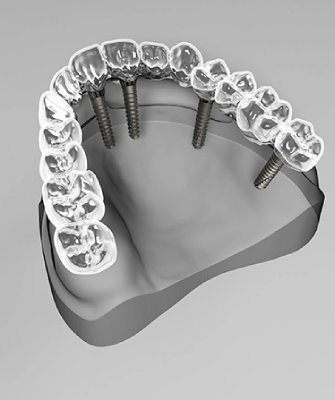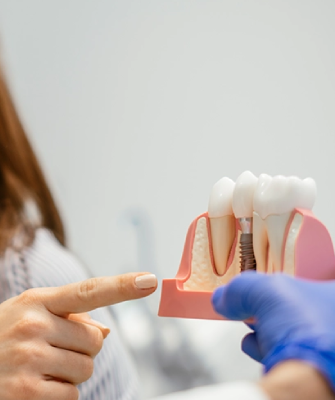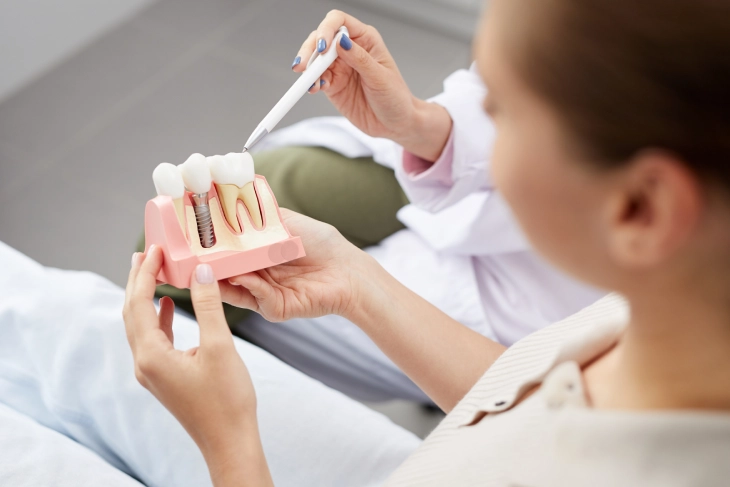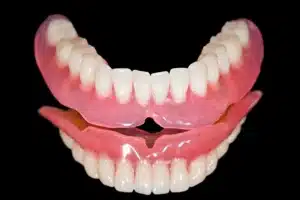Dental implants are generally considered a safe and effective tooth replacement option. However, like any surgical procedure, there is a risk of infection. While implants themselves do not decay, the surrounding tissues and bones can become infected due to poor oral hygiene, smoking, or underlying health conditions. Infections around dental implants, known as peri-implantitis, can lead to implant failure if not promptly treated. Symptoms of peri-implantitis include redness, swelling, pain, and bleeding around the implant site. If left untreated, peri-implantitis can progress to bone loss and eventual implant failure.
How to Identify Dental Implant Infections

Identifying dental implant infections early is crucial for successful treatment. Signs of infection include persistent pain, swelling, and pus discharge from around the implant site. X-rays may reveal bone loss around the implant, indicating peri-implantitis.Additionally, observe any changes in the gum tissue texture or color. If you experience any of these symptoms, it is essential to seek prompt evaluation by a dental professional. Timely intervention can help address the infection before it progresses, preserving the integrity of the implant and ensuring optimal oral health.
Diagnosing an Infected Dental Implant
Diagnosing an infected dental implant requires a thorough assessment by a dental professional. The process involves a combination of clinical evaluation and imaging studies to accurately identify the presence and extent of the infection. During the clinical examination, the dentist will inspect the implant site for signs such as redness, swelling, tenderness, or pus discharge. They will also assess the stability of the implant and the condition of the surrounding gum tissue.
In addition to the clinical evaluation, imaging studies play a crucial role in diagnosing an infected dental implant. X-rays are commonly used to visualize the implant and surrounding structures, allowing the dentist to detect any signs of bone loss or changes in bone density. X-rays can also reveal the presence of any foreign objects or abnormalities that may be contributing to the infection.
In some cases, more advanced imaging techniques, such as cone beam computed tomography (CBCT) scans, may be recommended. CBCT scans provide detailed three-dimensional images of the implant and surrounding bone, offering valuable insights into the extent of the infection and any associated complications.
Signs And symptoms Of Peri- Implantitis
- Redness and swelling around the implant
- Pain or discomfort when chewing
- Bleeding or pus discharge from the implant site
- Increased mobility or looseness of the implant
- Changes in the gum tissue texture or color
- Treating Peri-implantitis
Treatment for peri-implantitis aims to eliminate infection, preserve the implant, and prevent further bone loss. Depending on the severity of the infection, treatment may include nonsurgical interventions such as professional cleaning, antimicrobial therapy, or surgical procedures like bone grafting or implant replacement.
Can an Infected Dental Implant be Saved?
When faced with an infected dental implant, patients often wonder if the implant can be salvaged. The answer depends on several factors, including the stage of the infection and the overall health of the surrounding tissues.
In the early stages of infection, when peri-implantitis is detected early, there is a good chance of saving the implant. Treatment typically involves a combination of professional cleaning to remove plaque and bacteria from around the implant, along with antibiotics to control the infection. This approach can often halt the progression of the infection and allow the tissues to heal, preserving the implant and preventing further complications.

However, if the infection has progressed to a more advanced stage or if there is significant bone loss around the implant, saving the implant may be more challenging. In such cases, the implant may need to be removed to prevent the spread of infection and to allow for proper healing of the surrounding tissues.
Learn More about Implant dentistry
Implant dentistry is a reliable solution for replacing missing teeth and restoring oral health and function. At Normandale Dental, we specialize in implant dentistry, providing comprehensive care using state-of-the-art technology and advanced techniques. Our experienced team tailors treatment plans to meet each patient’s unique needs, whether it’s a single tooth replacement or full-mouth reconstruction. If you’re considering dental implants or want to learn more, schedule a consultation with us today to take the first step toward achieving a healthy, beautiful smile that lasts a lifetime.





